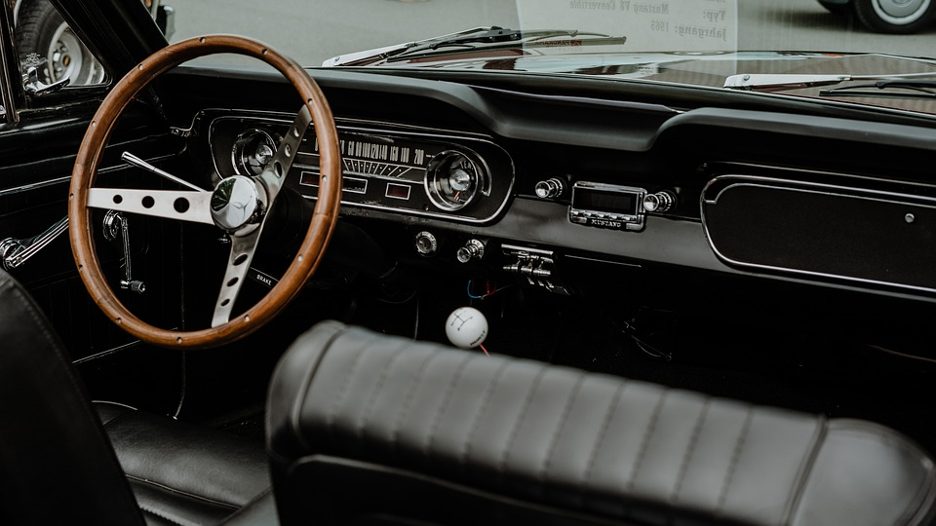
 Buying a car is a big investment, costing quite a bit of money. New cars are a large financial commitment so for many people, used cars are a great option to help alleviate costs. There are some risks to buying used so it is important to consider ways to help reduce those risks with some helpful buying tips.
Buying a car is a big investment, costing quite a bit of money. New cars are a large financial commitment so for many people, used cars are a great option to help alleviate costs. There are some risks to buying used so it is important to consider ways to help reduce those risks with some helpful buying tips.
Look At The Details
When buying a used vehicle, even before you get to physically inspect the car’s body and interior, you should look at all the car facts. This should provide you enough information to determine if it is worth your time and interest. Things you will look at are things like the year, and model, as well as the price and mileage, which will allow you to not only decide if it is something to consider but what you can negotiate for. If the mileage is outside your preferred range, you can look to bring the price down to something more comfortable with your budget. Of course, if the mileage is too high, it might not even be worth the trouble.
Don’t Buy A Car At Night
This might not be a big deal for many people that will be going to a dealership to purchase a used car during operating hours, but it is important that you inspect and consider buying your car during the day. This is important because you want to be able to check the car in good visibility, checking panels to make sure they are all uniform and painted without scratches, or if certain parts are rusted as that would indicate other components are old and rusted as well. You’ll also want to consider having better light to check if there are any indicators that the car may have been involved in an accident. The last thing you need is to take in a car that will be more work for you.

Inspect The Glass Thoroughly
As you inspect the body of a vehicle, you do not want to skip over the glass quickly. There is a lot of information you can get by being vigilant when it comes to inspecting the windshield when it comes to buying a car. Of course, you need to look for any cracks and scratches on a windshield, as that can become a big problem in a short amount of time and glass is quite expensive to repair and replace. Do this by looking at it from different angles, as those chips are difficult to see and new angles can provide light and vision in different areas. Additionally, make sure you check the stickers on the windshield. These will inform you if you need to take it in for inspection soon, or they are expired, which would be an indicator that the car has been sitting for quite some time.
Don’t Inspect A Wet Car
One quick tip to keep in mind is to avoid inspecting a wet car. This means avoiding the dealership during or after it rains. The reason for this is that water can easily hide blemishes on the surface of the vehicle such as scratches and dents. These will end up costing you quite a bit in repairs, might have been possible to get further price reductions, and could easily be avoided if you just did your inspections in better conditions.
 Inspect The Tires
Inspect The Tires
Do not overlook this aspect of the vehicle when you first inspect it. You might think you are getting a good deal with a low price on a car, but if the tires are worn out, you will end up having to buy a set of new tires, potentially costing more than the price of the car. In addition to having to purchase the tires themselves, problems with the tires could indicate further issues such as the suspension or other parts. Check the rotors as they will also indicate if the car is being used frequently or rust is building, that it is sitting unused, which could lead to performance issues as cars are meant to be driven.
Inspect the Interior
You should perform an interior inspection of your used vehicle that prioritizes important factors to you. First determine if it is automatic or manual, as that could be a dealbreaker for someone without that driving knowledge. Do a full check of the seats, headrests, carpets, steering wheel and headliner to ensure that everything is up to par as any issues would mean more money out of your pocket for repairs.
Just because a car looks great and sounds like a good deal does not mean you should jump on the sale immediately. Take your time to inspect the vehicle and go over the long term costs in addition to the upfront price. You can save a lot of time and money by simply being vigilant with your purchase, so do your vehicle homework.











































